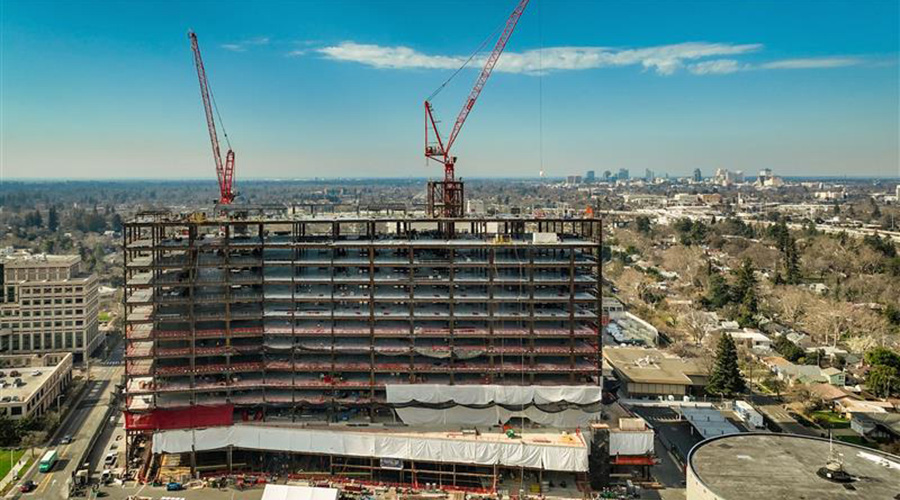Hospitals are looking into demand response programs — a system that protects the electric grid and reduces consumption during peak times — to see if they can reduce energy costs, according to an article on the Healthcare Finance News website.
The demand response strategy typically pays users for reducing their demand, the article said. Facilities get paid in two ways: participation in the program and for performance or level of energy reduction.
Last June, Mercy Health secured new electricity, natural gas and demand response contracts for all 19 of its facilities.
And although the demand response program is in early stages at the health system, said Curtis Broughton, corporate director of purchased services, a return on investment is expected soon.

 Assisted Living Facility Violated Safety Standards: OSHA
Assisted Living Facility Violated Safety Standards: OSHA McCarthy Completes Construction of Citizens Health Hospital in Kansas
McCarthy Completes Construction of Citizens Health Hospital in Kansas California Tower at UC Davis Health Topped Out
California Tower at UC Davis Health Topped Out What 'Light' Daily Cleaning of Patient Rooms Misses
What 'Light' Daily Cleaning of Patient Rooms Misses Sprinkler Compliance: Navigating Code Mandates, Renovation Triggers and Patient Safety
Sprinkler Compliance: Navigating Code Mandates, Renovation Triggers and Patient Safety